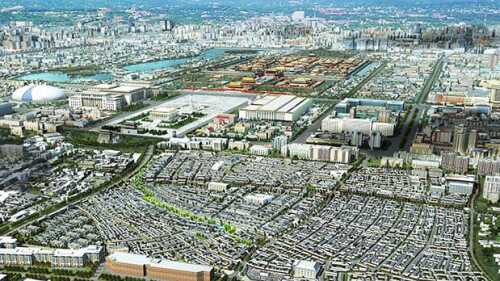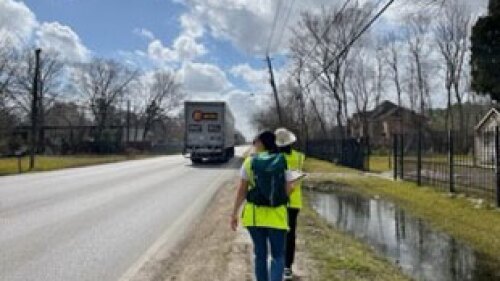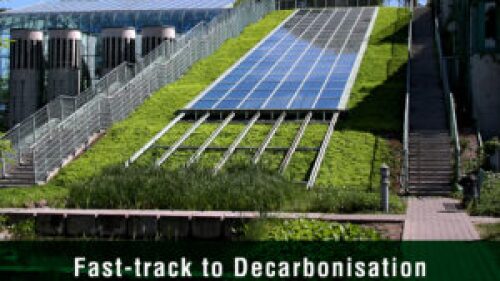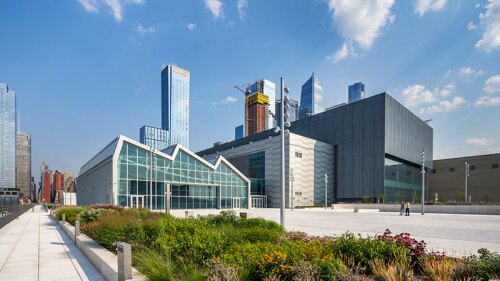Environmental, Social, and Governance (ESG)
A recent ULI webinar explored how property managers must engage their tenants to achieve carbon reduction and other building-wide goals driven by environmental, social, and governance initiatives.
Technology and contributions from all stakeholders will be crucial if Asia’s cities are to meet their net zero targets. Earlier this year, a series of three webinars organized by ULI China Mainland covered the efforts and challenges of several cities and organizations around the world to give some focus to the efforts in Beijing, which is one of the cities in ULI’s Net Zero Imperative initiative. The discussions also focused on the Chinese capital as well as Hong Kong and Singapore.
Integrated System Packages (ISPs), developed by Lawrence Berkeley National Laboratory and sponsored by the U.S. Department of Energy, are packaged efficiency solutions to be incorporated into the real-estate cycle. ISPs reduce transaction costs for building owners and mitigate disruptions to building occupants.
The next decade will be a critical period of change, with ongoing uncertainty amid the big evolution in technology, data, and laws. Commercial real estate market players may shift their strategies, affecting capital flows into and out of the asset class.
A new report by ULI and Heitman, a global real estate investment management firm, indicates that environmental change is prompting the migration of people and businesses, movements that may trigger significant shifts in demand for real estate. Just as investors are being forced to recognize and price the physical risks associated with climate change—wildfires, hurricanes, excessive heat—they need to integrate climate migration risk into their underwriting models.
The ULI Europe Young Leaders Group, which currently includes over 1,100 members, is launching a new initiative looking at bridging the knowledge and innovation gap between the decarbonization goals set out by our industry/governmental leaders and the tools at our disposal to meet them. Several leading members recently hosted a roundtable discussion on this issue and provided a summary of the key takeaways and next steps to tackle this important issue.
ULI has kicked off a new project in partnership with several major real estate organizations–including Allianz Real Estate, Catella, Hines, Redevco and Schroders Capital–that will support the built environment in Europe on its urgent journey to carbon neutrality.
The New York Convention Center Operating Corporation announced the completion of the Javits Center’s new rooftop event space as part of its $1.5 billion expansion project on Manhattan’s West Side. The farm and event space, along with several other sustainable upgrades, builds on the success of the convention center’s robust sustainability program.
ULI Greenprint Center for Building Performance’s annual report found a 12.4 percent reduction in carbon emissions in 2020 compared with an average 3.5 percent fall in previous years. In addition, the report found that real estate owners took advantage of reduced occupancy during the pandemic to double the implementation of energy efficiency projects.








